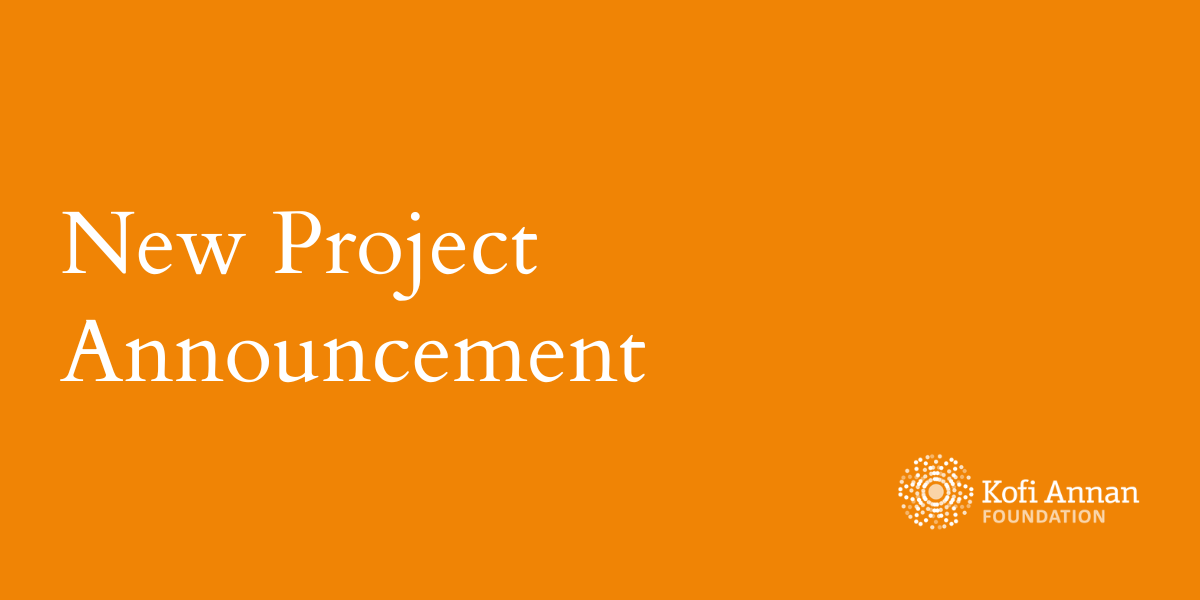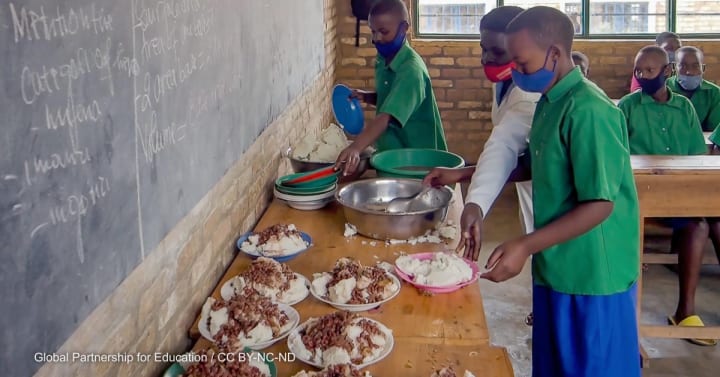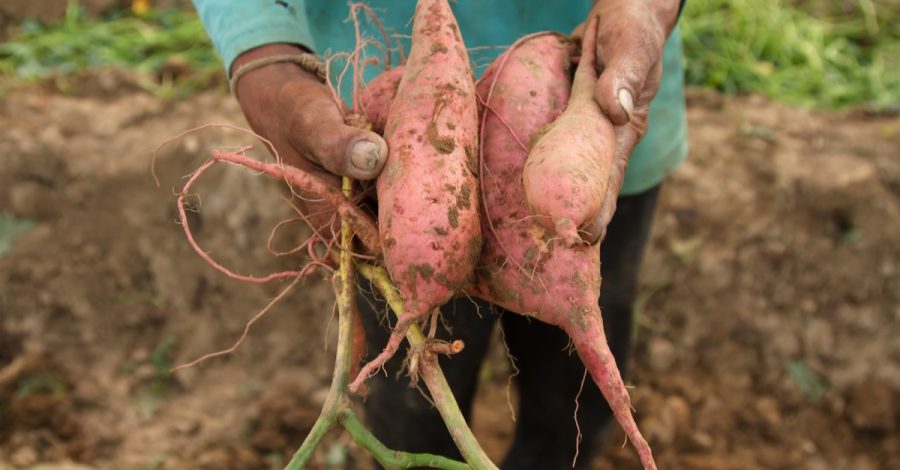Achieving Nutrition Security: A call for leadership, partnership and investment
Kofi Annan delivered a key note speech at an event in Zambia aimed at discussing how to achieve nutrition security. He called for leadership, partnership and investment in order to achieve a food and nutrition- secure Africa.
Achieving Nutrition Security: A call for leadership, partnership and investment
2016 African Development Bank’s Annual Meetings
Knowledge Side Event
May 23, 2016
Lusaka, Zambia
Ministers, President Adesina, distinguished ladies and gentlemen – good morning. Let me begin by saying that I am delighted to see all of you here in support of greater leadership, partnership and investment for nutrition security.
This is an exciting time for nutrition. We have global consensus on what targets we need to reach along with a roadmap for action, and, as evidenced by your attendance here today, we also have increased momentum from leaders at all levels of society.
And yet, we continue to face the challenge of malnutrition across the continent.
Africa’s contribution to malnutrition is sadly on the rise. Fifty-eight million children under the age of five are too short for their age and 13.9 million weigh too little for their height. These children are not growing healthily. Instead, their physical and mental growth is gravely at risk.
Mothers, too, aren’t eating properly and are seeing the health of their unborn babies permanently harmed. All this is to say that malnutrition remains a major barrier to development in many African nations. Poor nutrition casts a long shadow over entire generations – denying children, communities and nations from reaching their full potential.
One of the most critical steps we can collectively take to achieving nutrition security is to transform the continent’s agricultural sector. Africa is the only continent which fails to produce enough food to feed its own citizens. But it’s not just about the amount of food that we grow; it’s also about the type of food that we eat. Thus, we need agriculture to be nutrition-smart. To do that, we must work to create agriculture and food production systems that are diverse, efficient and resilient in order to meet the nutritional needs of every community and nation.
Furthermore, if African agriculture is to be truly transformed, investments must flow through smallholder farmers, particularly women farmers and their families. With increased support across government, businesses, the African Development Bank and others, these small holder farmers have the potential to transform their efforts into prospering businesses. But this is, of course, only a piece of the picture. We need governments to urgently adopt the right policies and mobilize resources to scale-up nutrition. This is why today’s meeting is so important. It is up to all of us to take action. We need to lead the charge to create an environment where nutrition is seen as both an input and an outcome of development.
I am looking forward to the opportunities for collaboration that the new African Leaders for Nutrition forum will offer. African leaders need to spark progress to establish the right policy frameworks that prioritize nutrition for every African. After all, it is only through better nutrition that we can ensure the well-being for our citizens. As you will hear from other panelists today, we know what nutrition actions we need to prioritize to make the biggest impact, particularly in the lives of women and children. It will mean investing in things like breastfeeding and food fortification, while continuing to boost agriculture, as I mentioned, and also improve our work in women’s empowerment, education and water, sanitation and health.
What we need now is to translate the momentum in this room into actionable support so that we may unlock the economic and human potential of every nation. It will require all of us to work together – building new partnerships , creating the right policy environment and meeting the commitments we’ve already made – such as the CAADP/Malabo targets and the second sustainable development goal – while continuing to look to the private sector to drive and sustain progress.
The impact of the African Leaders for Nutrition forum – along with everyone’s support in this room – is one that will last for generations to come. Working together, I believe we can achieve a food and nutrition- secure Africa.



